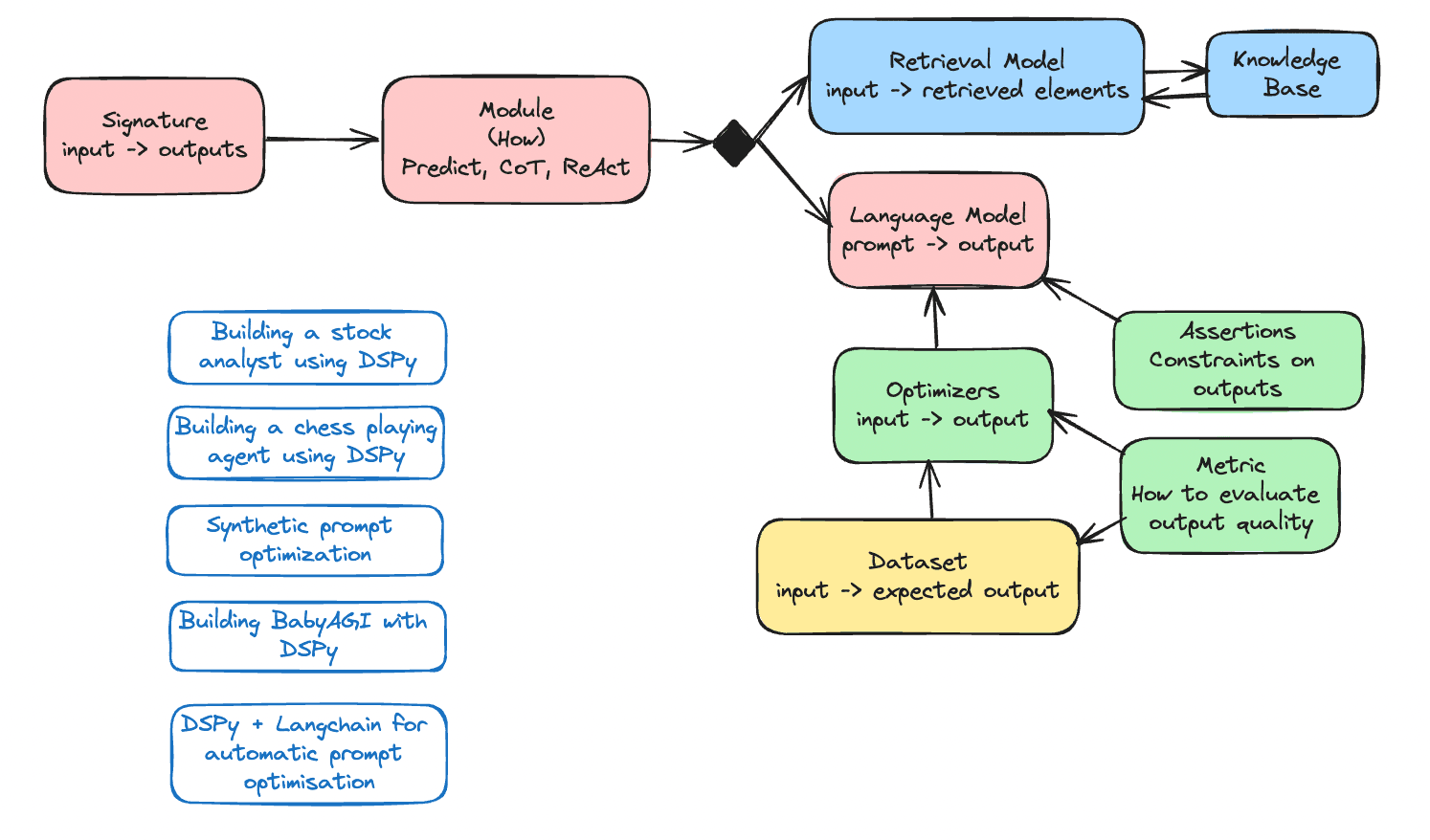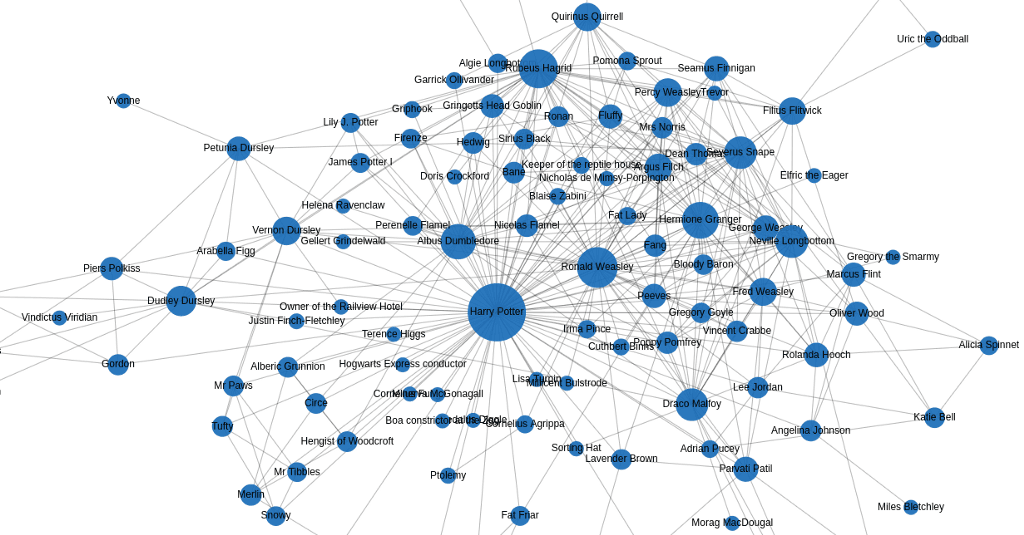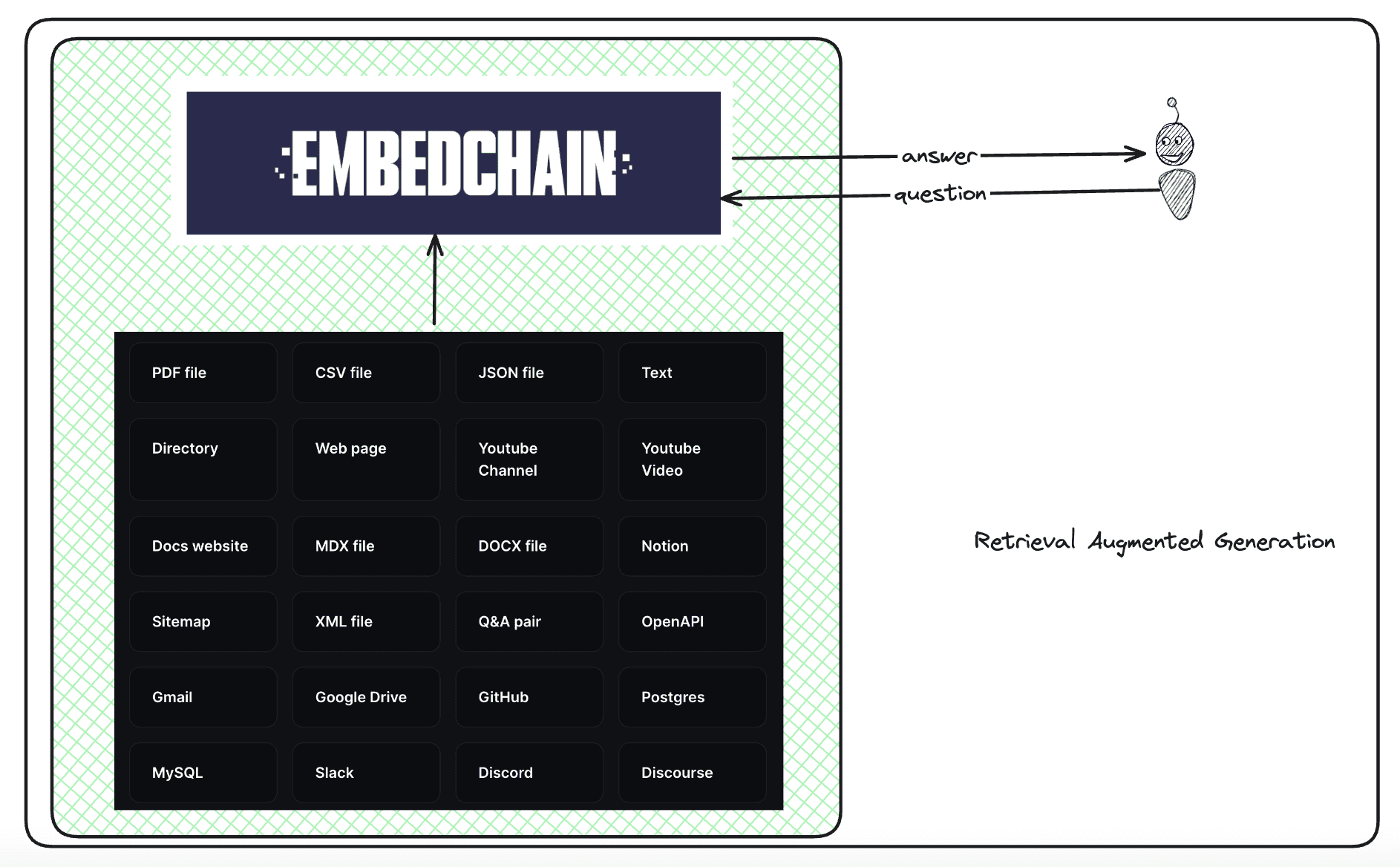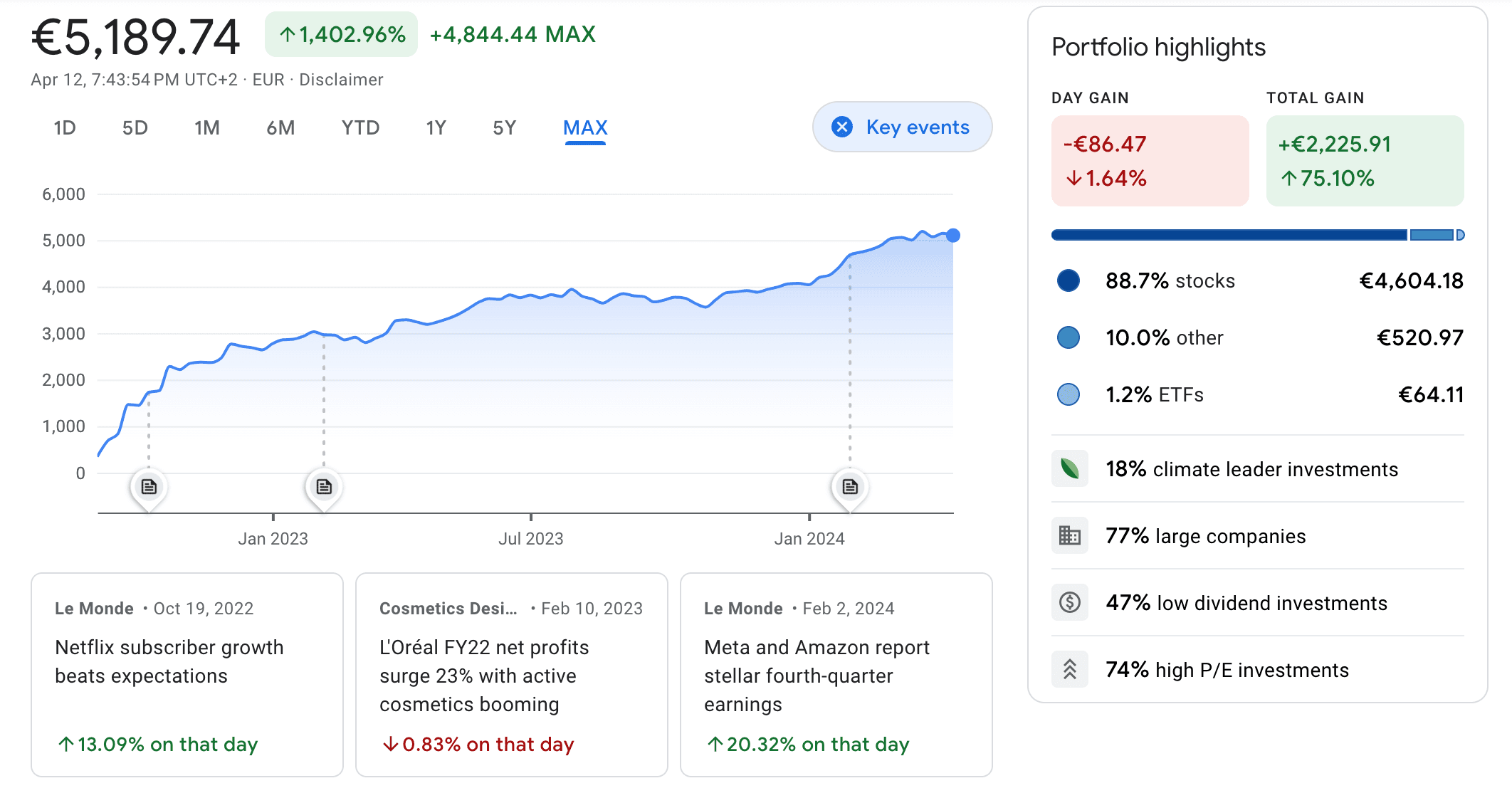Apple Inc. is poised to introduce its iPhone 16 lineup today, marking what may be the most significant software overhaul in years through its AI integration, branded as "Apple Intelligence." However, the advanced AI features will be exclusive to the latest hardware, starting with the iPhone 15 and above, leaving users of older devices with limited access. This strategic choice echoes the company’s rationale, first explained during its summer developer conference, that AI is a "hardware-enhanced" feature—mirroring language used by Honor Device Co.'s CEO George Zhao.
Both Apple and Honor are embracing edge AI, wherein most AI computations are handled locally on the device rather than relying on remote cloud servers. This approach prioritizes privacy and data security, an area Apple heavily emphasizes. Honor, which has invested 10 billion yuan ($1.4 billion) in AI research and development since 2021, shares Apple's focus on embedding AI into hardware.
Apple’s move toward AI-enabled hardware represents a growing trend across the electronics industry. Companies like Microsoft and Samsung have similarly pushed AI-first devices, rebranding laptops, phones, and even home appliances as AI-enhanced gadgets. Despite Apple's historically strong record of delivering software updates to older models, AI may prove disruptive enough to justify a break from this tradition.
A key aspect of Apple's pitch is that housing parts of Siri’s AI brain directly within the iPhone bolsters data security and privacy, conveniently aligning with its goal of driving new iPhone sales. The latest iPhone components will enable AI tasks, traditionally done in the cloud, to be performed locally on the device itself.
However, the Android ecosystem remains fragmented. While some AI features will be available on select older Android devices, many manufacturers, with the exception of Samsung, prioritize selling new models over ensuring long-term support for older ones. In contrast, Apple has typically extended support for up to five years on older iPhones—though AI may disrupt that pattern.
As the tech world increasingly adopts cloud-based AI solutions, many consumer AI features only require a stable internet connection. Whether interacting with tools like ChatGPT, Midjourney, or Google’s AI, much of the heavy lifting is still done in datacenters rather than on individual devices. This presents a challenge for hardware companies like Apple, which are pushing for AI-centric upgrades that require buying new devices.
Apple's competitors, including Google and Samsung, are already on the AI train, having launched AI-enhanced products earlier this year. Honor’s recent release of an AI agent capable of canceling subscriptions via voice commands further illustrates the competitive AI landscape. The holiday season will reveal whether Apple’s AI-centric sales pitch resonates with consumers.
The question facing customers is whether the AI features embedded in newer models are worth the cost of upgrading to a new smartphone. Some analysts believe Apple Intelligence, though compatible only with iPhone 15 and newer models, may offer minor AI enhancements across all devices. Gadjo Sevilla, an analyst at Emarketer Inc., suggests that limiting comprehensive AI capabilities to the latest iPhones serves a dual purpose: easier rollout and driving new model upgrades.
Ultimately, the success of built-in AI will be judged over time, especially if users adopt new devices en masse. Should Apple Intelligence gain traction, it could signify that AI agents and assistants are no longer just add-ons but integral to the future of smartphones. Apple's iPhone 16 launch may be the first step in a broader industry shift toward AI-powered devices, setting the stage for a new era of mobile computing.



